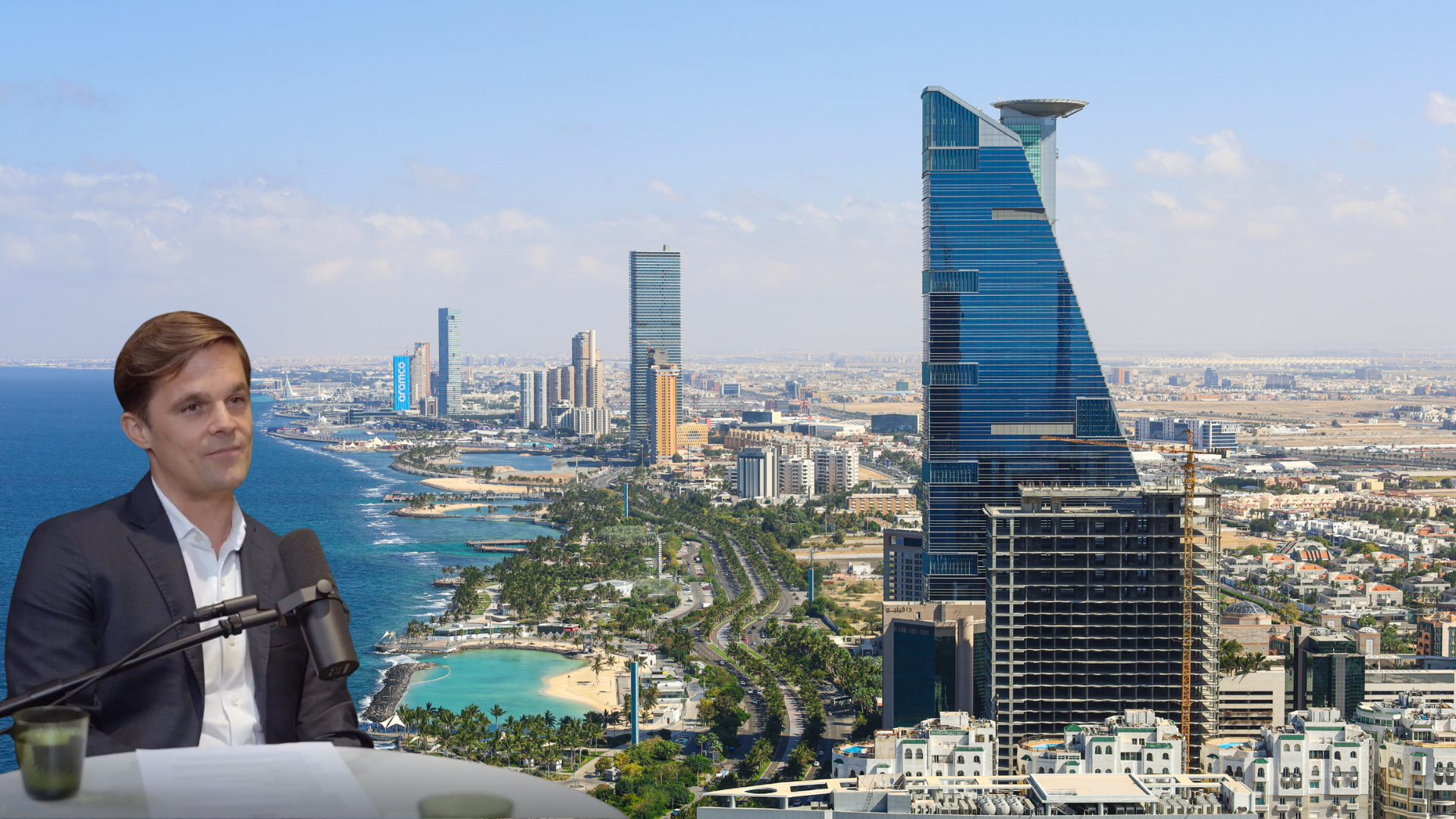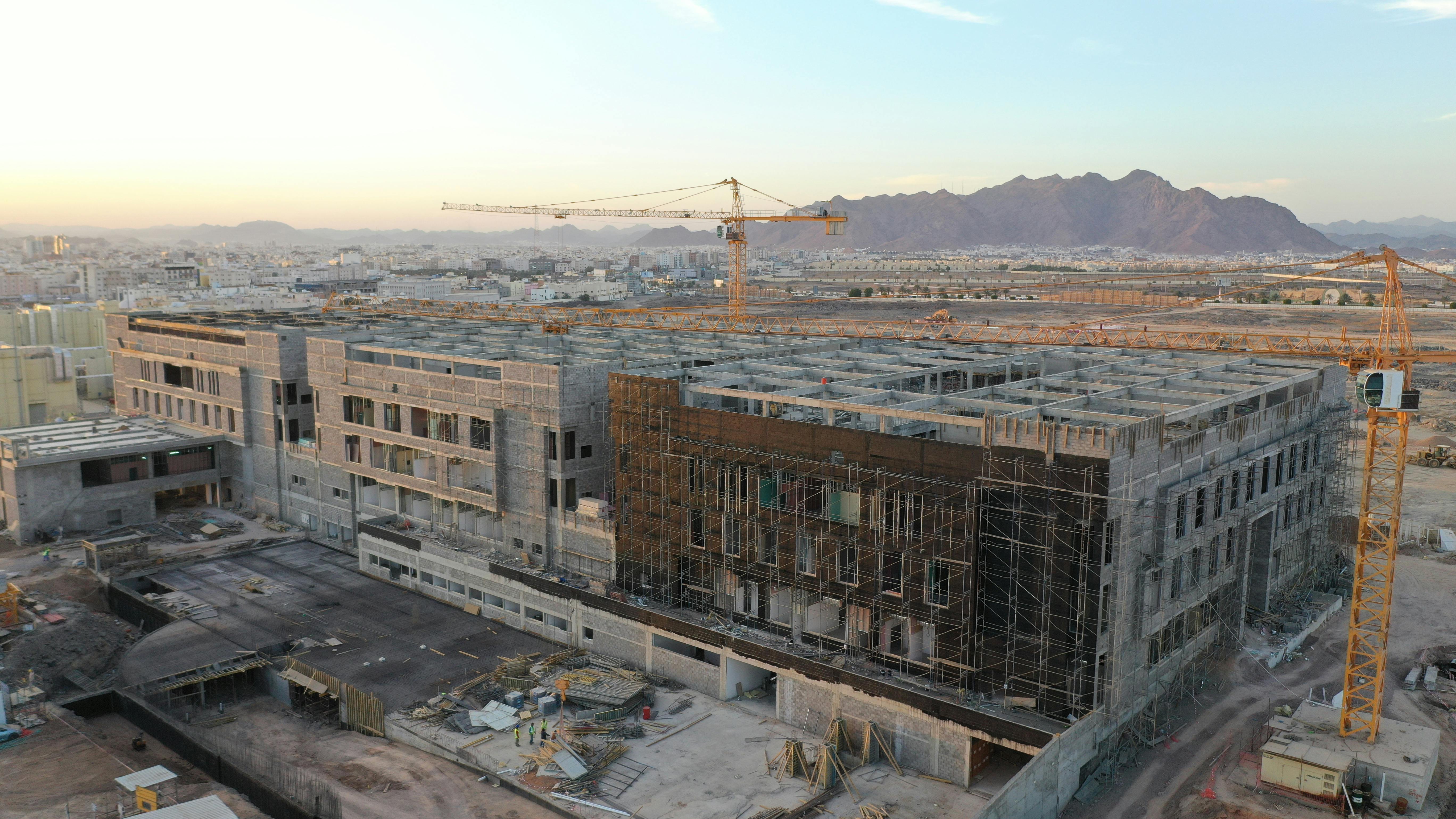4 Factors to consider when starting a property development team in Abu Dhabi
Building a property development management team in Abu Dhabi isn't just about filling positions, it's about strategic workforce planning that accounts for the emirate's unique challenges. This guide explores the four critical factors developers need to consider when assembling teams capable of delivering results in one of the world's most ambitious construction markets.

Abu Dhabi's property development sector is experiencing significant expansion, driven by government-backed mega-projects and sustained foreign investment. For developers launching new ventures or scaling operations, assembling a capable management team is critical to navigating the emirate's competitive construction landscape whilst maintaining compliance with evolving labour regulations.
Building a property development management team in Abu Dhabi requires strategic workforce planning that accounts for regulatory frameworks, technical specialisation requirements, and long-term organisational stability.
-
Emiratisation compliance and workforce localisation strategy
Abu Dhabi's Emiratisation requirements directly impact real estate recruitment strategies. The UAE government has implemented mandatory Emirati employment quotas across sectors, with construction and real estate firms expected to meet specific targets or face financial penalties that can reach AED 6,000 monthly per unfilled position.
Property development companies must integrate Emiratisation planning into their hiring roadmap from the outset. This includes identifying roles suitable for Emirati professionals, establishing training pathways for local talent, and creating succession frameworks. Developers who view Emiratisation solely as a compliance obligation often encounter penalties that increase by AED 1,000 annually until 2026, affecting project timelines and profit margins.
Successful property development teams balance expatriate technical expertise with Emirati leadership development, particularly in project management and stakeholder engagement roles where local knowledge provides competitive advantage.
-
Technical expertise aligned with abu dhabi's development projects
With active development projects exceeding USD 758 billion, property development management teams must possess expertise specific to the emirate's regulatory environment. Key technical competencies include knowledge of Abu Dhabi's planning codes, experience with sustainable building certifications (such as Estidama Pearl Rating System), and familiarity with procurement models used by major developers including ALDAR Properties and Modon Properties.
Teams managing mixed-use developments need professionals who understand phased delivery, infrastructure coordination, and regulatory approval processes specific to Abu Dhabi's Department of Municipalities and Transport. Professionals with experience in Saadiyat Island's cultural projects or Yas Island's integrated tourism developments bring valuable insights that accelerate project delivery and reduce regulatory friction.
-
Cultural intelligence and stakeholder management capabilities
Property development in Abu Dhabi requires navigation of complex stakeholder relationships involving government entities, institutional investors, and contractors. Management teams must demonstrate cultural intelligence alongside technical proficiency to maintain project momentum and secure necessary approvals.
Real estate recruitment strategies should assess candidates' ability to manage relationships with government entities, understand local market dynamics, and adapt management approaches to the emirate's business environment. Companies that prioritise technical skills whilst overlooking cultural fit often encounter challenges in stakeholder engagement that affect project timelines and reputational standing.
-
Leadership succession planning and retention frameworks
High turnover rates within property development management teams create knowledge gaps, disrupt project continuity, and increase real estate hiring costs significantly. Developers should establish clear career progression pathways, competitive remuneration structures, and professional development opportunities that incentivise long-term commitment.
Succession planning ensures that critical institutional knowledge remains within the organisation as projects transition from development through to completion. Companies without deliberate retention strategies often face repeated recruitment cycles that compound costs and delay project delivery.
Building teams that deliver results
With over 600 infrastructure projects valued at more than AED 200 billion supporting Abu Dhabi Vision 2030, developers who approach real estate hiring as a tactical response to immediate vacancies risk compromising project outcomes and accumulating avoidable costs.
Hintel UAE supports property developers throughout the Gulf region with advisory-focused real estate recruitment solutions tailored to Abu Dhabi's market dynamics.
Ready to build a property development team aligned with Abu Dhabi's market requirements? Contact Hintel UAE to discuss your real estate recruitment strategy.
Frequently Asked Questions
Q: What roles should be prioritized when building a property development management team in Abu Dhabi?
A: Property development teams in Abu Dhabi should prioritize roles with technical expertise in regional regulatory frameworks, including project managers familiar with Department of Municipalities and Transport approval processes, commercial analysts with GCC market knowledge, and professionals experienced with Estidama Pearl Rating System compliance. Teams should balance expatriate technical specialists with Emirati professionals in stakeholder engagement and leadership positions to meet both compliance requirements and operational needs.
Q: How long does it take to assemble a property development management team in Abu Dhabi?
A: Building a compliant property development team typically requires 3-6 months from initial planning to full mobilization. This timeline accounts for Emiratisation planning, regional recruitment processes, visa processing, and onboarding. Companies should begin team formation during the project feasibility stage to ensure adequate time for recruiting qualified professionals, implementing training programmes for Emirati hires, and establishing succession frameworks before project mobilization deadlines.
Q: What are the main recruitment challenges for property development teams in Abu Dhabi?
A: Key challenges include sourcing professionals with combined GCC regulatory knowledge and large-scale project experience, meeting Emiratisation quotas whilst maintaining technical capabilities, and retaining talent in Abu Dhabi's competitive employment market. The scarcity of candidates with experience in Abu Dhabi's specific planning codes, cultural district developments, and mixed-use projects creates extended recruitment timelines. Partnering with specialist real estate recruitment firms familiar with regional talent pools can accelerate team formation and reduce hiring risks.

Saudi Arabia real estate recruitment in 2026: Where the opportunities are and how to secure them

Why Saudi Arabia real estate is attracting global talent
